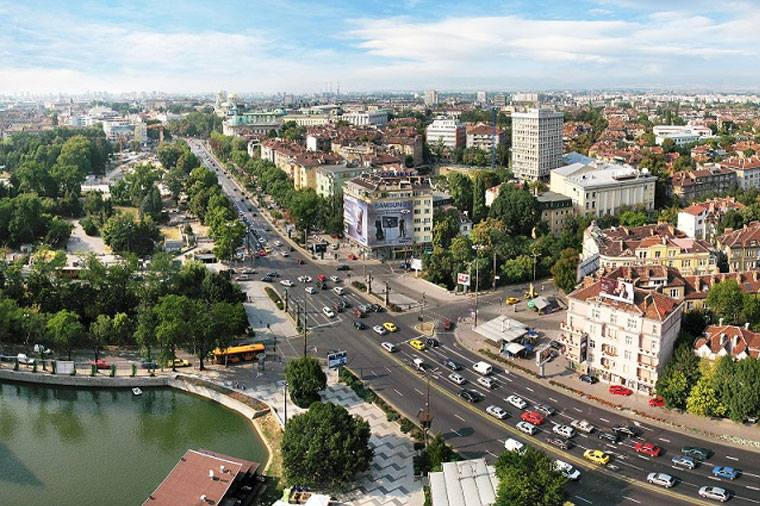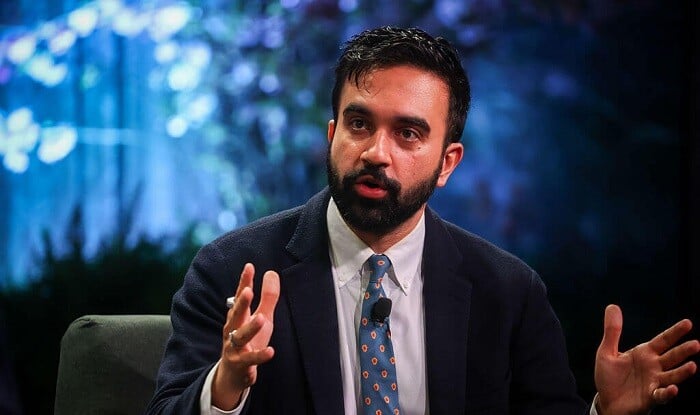When you feel particularly exhausted, it can definitely feel like you are also lacking in brain capacity. Now, a new study has suggested this could be because chronic sleep deprivation can actually cause the brain to eat itself.
Axar.az reports citing Independent.
New research, conducted by Michele Bellesi of the Marche Polytechnic University in Italy and published in the Journal of Neuroscience, analysed the brains of mice who had regular sleep, spontaneous wake, sleep deprivation and chronic sleep deprivation.
Using block-face scanning software, the scientists measured the synapses and cell processes in the mouse’s frontal cortex. Specifically looking at cells called astrocytes cells, the researchers found that the sleep-deprived mice showed more activity with these cells.
The findings suggest astrocytes start breaking down more of the brain’s debris.
“We show for the first time that portions of the synapses are literally eaten by astrocytes because of sleep loss,” Mr Bellesi told the New Scientist. He added that it is not necessarily a bad thing as it could just be the brain’s way of “cleaning” up old brain “debris”.
The study also looked at the effect on microglial cells which account for around 15 per cent of cells found within the brain. These cells scavenge around for plaques, damaged or unnecessary neurons or agents in the brain and are also found in the spinal cord.
The study showed that chronic sleep restriction (which in this case was five days of being kept awake) led to increased signs of microglial activation. Because low-level sustained activation of the microglial cells can lead to serious brain disorders, Mr Bellesi said these results were more concerning.
“We already know that sustained microglial activation has been observed in Alzheimer’s and other forms of neurodegeneration,” he said.






















































